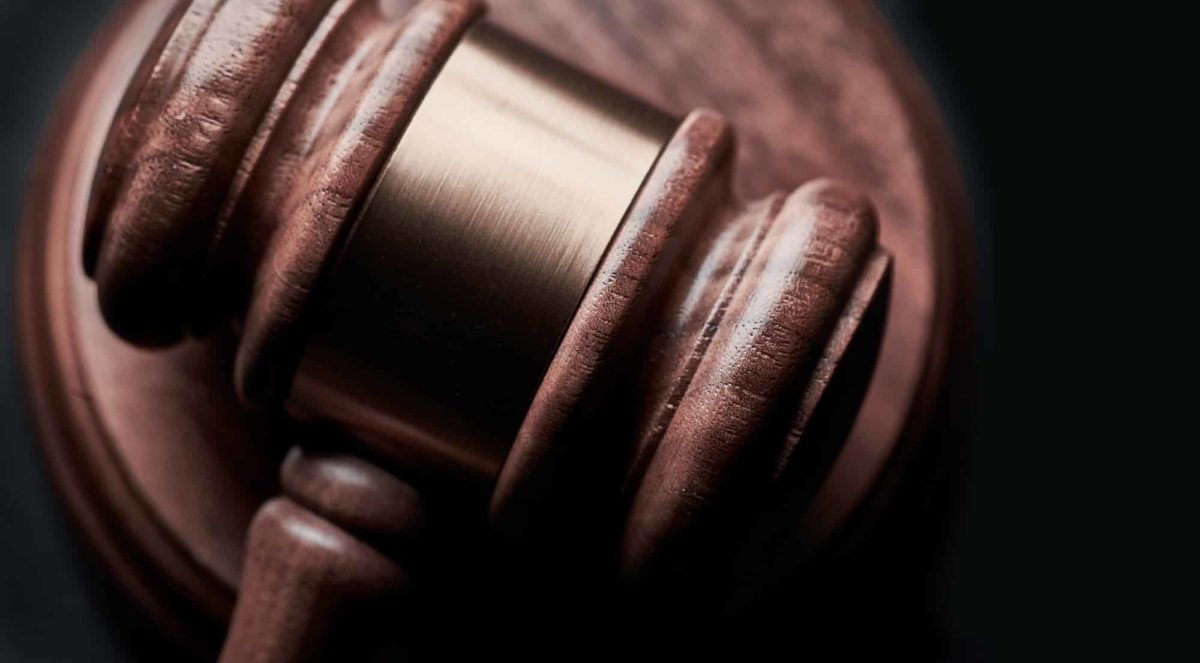Cannabis Record Expungement, A Step Towards Social Equity In Days of Legalization

Like cannabis legalization, conversations around the expungement of cannabis records are happening in most places across the US, and if not, they should be. Said to be a significant start towards social equity by many drug-reform advocates and equity organizers, expungement is the process by which a record of a criminal cannabis conviction is destroyed or sealed.
At the close of 2019, we saw states like Illinois, NY, New Hampshire, and Nevada introduce and pass progressive legislation to expunge or vacate past convictions while simultaneously legalizing cannabis at the state level. New Jersey began the new year by passing their own expungement bill, despite a long history of cannabis opposition at the state level and to mixed reviews from constituents, with some pointing out the use of “second-chance” as rhetoric where reparative justice would be best suited in this context.
Early 1900s prohibition carried through to the government-led War on Drugs and ultimately brought us to today’s Mass Incarceration of black, brown, and low-income people. To many, expungement seems a necessary first step towards repairing the harm caused by it all. Thanks to countless organizers and activists, it’s a step that isn’t being taken lightly.
Repairing the Harm, Why Expungement Matters
According to the ACLU, 1 in 3 black boys can expect to go to prison in their lifetime. 1 in 6 Latino boys can expect the same. Compare that to the 1 in 17 white boys who can expect a similar fate behind bars and we see not only a clear disparity in the numbers but a desperate need for conversations around reparative justice in the days of cannabis legalization.
When we discuss social, cultural, and political impacts of having a record, perhaps we see just how disenfranchised certain groups of people have been? People with past cannabis convictions have been looked over for jobs, housing, government subsidies, and beyond for activities many are capitalizing on today.
The Roaring 2020’s
And roar they have. Thanks to organizations like Cage-Free Cannabis, Equity First Alliance, and Supernova Woman, to name a few, conversations around social equity and record expungement have remained part of the larger social and political conversations around legalized cannabis today. Further bringing awareness to this epidemic is The Last Prisoner Project, by veteran cannabis activist, Steve DeAngelo.
Cage-Free Repair is the 501(c)(3) that is responsible for advocacy, event coordination, and the distribution of the net profits generated by Cage-Free Cannabis. Cage-Free Repair helped launch the first-ever National Expungement Week and supports organizations that provide services like assisting with re-entry from incarceration, youth development and empowerment, healing from trauma, community-based gang intervention, organizing against the systematic injustice of the Drug War, and creating cannabis-related businesses that hire, empower, and include communities of color.
Equity First Alliance is a group of organizers who saw the “moral crisis in this field” and began working at the intersection of the cannabis industry, racial equity, and reparative justice”. Coming from a diverse range of communities across the United States, Equity First’s mission is to “harness the political power of cannabis organizers” that work at these intersections. Through education, mobilization, dialogue, engagement, and collective action, they work to advance equity in the cannabis industry, to repair harms of the War on Drugs, and to seek justice for those who have been most harmed by it.
In Oakland, the conversation around social equity has been led seemingly singlehandedly by four women of color (WOC). These women, determined to keep black and brown people centered in the US legal cannabis conversation founded, Supernova Woman, a space created by and for women of color in cannabis in 2015. Supernova Woman helps support expungement efforts through education and advocacy at their expungement clinic events.
Founded in 2019, The Last Prisoner Project seeks to address the “fundamental injustices inflicted upon those who have suffered criminal convictions and the consequences of those convictions”. Through intervention, advocacy, and awareness campaigns the Last Prisoner Project works to redress the past and continuing harms of the unjust laws and policies of prohibition and the War on Drugs. Together, alongside the Marijuana Policy Project and other cannabis justice reform advocates from across the country, they testified in support of Maryland House Bill 83, which would provide for the expungement of any cannabis possession convictions, regardless of quantity, a first in expungement practices.
Cannabis Legalization: A Look Ahead
It’s clear that while the legalized cannabis industry has created many moguls, there are many more prisoners still behind bars for doing the same thing: selling weed. It’s also clear that while much progress has been made by and from the work of tireless advocates across the country, there is a long way to go yet in repairing the harm perpetrated by the racist and systematically oppressive, War on Drugs.
Providing people affected by this War with expungements is not only necessary but the point of reparative justice: repairing the damage of prohibition, especially on communities of color. Here’s to more and more states proposing progressive cannabis legalization and restorative expungement and legislation.
Want more information on this topic? Join us for a CannaCon expo in your area. Tickets are on sale now!
